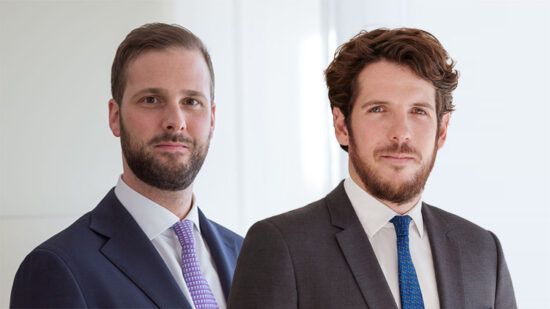1) During your four and half years at Redington, you’ve found increasing amounts of your time dedicated to ESG-related issues. How does this reflect the change in investor attitudes towards sustainable investing?
a) In December 2016, our management research team decided we would put ESG as one of the main criteria that we assess, and report back to the investment committee for every fund that we research. The other thing I have done increasingly over the past 12 months is to go in and talk to our clients. I do quite a lot of client education now, to understand what is important to them, to tease out what ESG means for them and consider what their portfolios is currently set up for.
2) As asset managers become better at marketing their ESG credentials to investors, what does that mean to consultants who are trying to weigh up the differences between each approach?
a) Asset managers are getting better at writing statements in their request for proposals (RFPs) or presentations, but it means that we have to do much more due diligence. Most people are now getting much better at having a well-prepared answer. You have to think about which of these products are truly client driven solutions, where have people really done their homework, done the back testing, done the modelling and the financial case studies and are building a strong philosophy and a process?
3) How do you assess asset manager credentials?
a) When we approach an asset manager, if the consultant relations person answers, that’s not typically a good sign, although, generally, that doesn’t happen. What I am looking for is something that gets a bit more strategy-specific. The vast majority of the big asset managers now have a statement at a firm level, but we are looking for something that is more specific to the strategy, that shows a deeper level of thinking to explain why in the strategy, risks may come up. Can they give examples? It’s really great when someone says, ‘it is tough’ and admit that sometimes they can incorporate ESG risks, but sometimes they can’t. I always come away feeling a bit better if someone says this.
4) How has the sophistication of investors changed? Has it kept step with asset managers?
a) I think that it has changed. The volume of questions that I get asked has certainly increased. Generally, I think there are a few leaders who are of the opinion that something needs to be done beyond what the industry is currently providing as standard. If you look at the HSBC Pension Scheme, NEST and the Environment Agency Pension Fund, they are pushing their advisers and consultants to find new solutions. But they are, by no means, the majority. The level of scrutiny has increased a bit, but I expect that to increase a lot over the next few years. The majority just want reassurance that their consultants and asset managers are making sure that ESG risks are accounted for.
5) Is there any one thing that you think would be significant in revolutionising investor thinking towards ESG analysis of investment portfolios?
a) One thing which has massive potential to be quite disruptive is data. We need to figure out a way to have better reporting tools. There is a huge potential to increase transparency if we get better reporting. The data exists, we just need to work on the interpretation. What is missing, at the moment, is the ability to look at your portfolio and assess where you currently are.
6) Are there any interesting projects that you are currently excited to be working on?
a) I am working with a group on social impact investing. Those kinds of funds have, historically, really been only for the philanthropic-type family office or endowment-type clients. The definition of impact is very much “let’s target an impact” and the financial characteristics of the fund probably come second to achieving the social impact.
Obviously, when it is with a pension fund, it has to be more about the financial characteristics. What we were talking about, this morning, was the fact that every investment you make has an impact but, currently, we are just not that good at tracking the impact. It’s also interesting to know what the impact is of your “non-impact” strategies.
When you are making a new allocation from one asset class to another, knowing what how that affects your social impact score is something we should work towards. It is quite possible that you will maintain that the risk return characteristic is the most important factor, but there is a secondary factor which is the ESG impact of your investment.
7) What do you make of the increased regulatory scrutiny of the sustainable investment landscape?
a) Increased scrutiny of consultants and asset managers is a good thing and, possibly, the asset owners too! The regulatory and political environment does seem to be changing. Maybe we should discuss whether voluntary standards are the best way to do things or whether we should be compelled to operate in a certain way.
Recently, I have been working much more with defined contribution clients and there is going to be a lot of interesting work with DC. There is already a very interesting debate about member views and the extent to which they should be considered.








